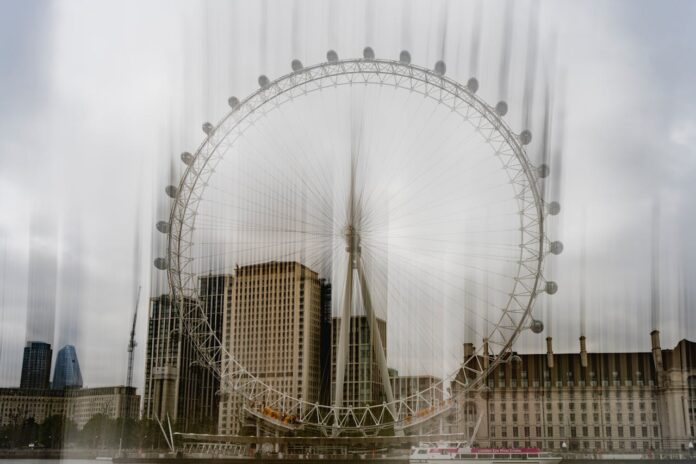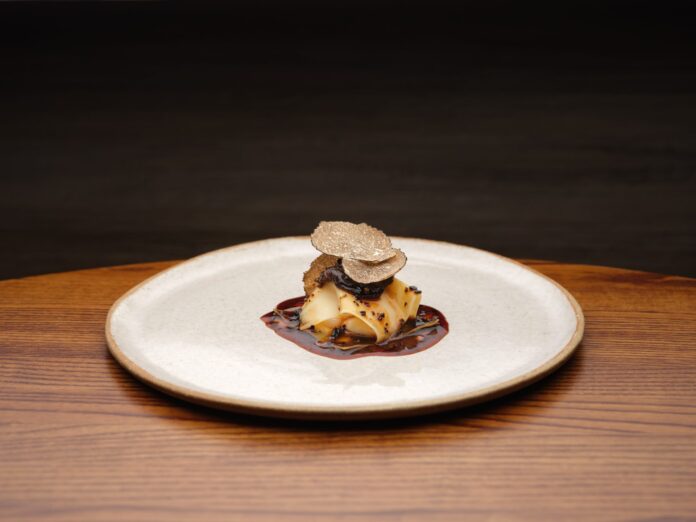2020 has been a year of seismic change and upheaval, make no mistake. It’s no surprise, then, that so many are considering instigating an uprooting of their own, once global events and local authorities permit it.
Many people dream of moving overseas, but it can take them many years to take the plunge. If you’ve been thinking about making a move abroad, could 2021 be the year you finally do it? Here’s why now might be a good time to take the plunge and pack your bags.
If you work remotely, then technically, you should be able to live anywhere in the world. With the huge increase in ‘home’ working expected to continue for the foreseeable future, suddenly Brits the country over are daring to dream about living somewhere far flung and thrilling. Nowhere encapsulates this spirit more succinctly than Thailand’s capital, Bangkok.
Home to some of the best street food and restaurants in the world, affordable accommodation, fascinating culture and an agreeable pace to life, here are 5 IDEAL tips for moving to Bangkok in 2021.
THE VERDICT ON VISAS
The first question about your potential move to Bangkok is your employment status in the country. If you’re intending to spend some time in the country as a tourist first, to see if Thailand and its capital suits you, then you can enter on a Tourist Visa.
You should be aware that right now, due to the global pandemic, Thailand’s borders are only open to a very small number of people who meet specific requirements. In late November 2020, however, the Thai government have stated their intentions to slowly and cautiously open their borders further.
60 day tourist visas are now being offered, but you must have medical insurance that covers COVID-19, and complete a 14 day stay in ASQ (alternative state quarantine), which is essentially a hotel which tests you each day for the virus and doesn’t permit you to leave until the quarantine period is complete. Expect these rules to change once proof of vaccination is more commonplace worldwide.
Alternatively, if you hold a work permit or have already been granted permission from the Thai government to work in Thailand, then you can enter the country, though the same ASQ period will apply. Should you be intending to live in the country in a stable, above board fashion, then a work permit and employment is essential. Check out this extensive guide from Expat Den on Thai work permits.
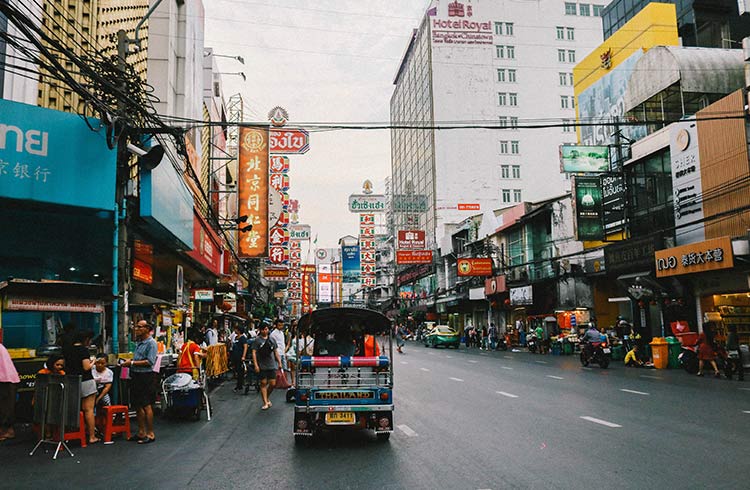
NEIGHBOURHOOD KNOW-HOW
Bangkok is a vast, sprawling metropolis and there are neighbourhoods to suit all tastes and specific needs. To list each area and its pros and cons here would result in something equally sprawling, so we’ll keep it brief, and focus on just a handful of our favourite areas to both live and spend time.
First up, Ari. A dedicated sky train stop, an enviable position both in the action and far enough from the brasher parts of town to feel laid back and sophisticated, we think it’s safe to say that Ari is central Bangkok’s hippest ‘hood. Unusually for the megacity, the neighbourhood feels gently paced, spacious and, whisper it, green and clean. It’s perfectly suited for strolling, with the pavements here lined with trees and a certain type of cute cafe that the Thais do so well. All in all, it’s one of the most comfortable places in the capital to settle.
Alternatively, and although expensive. Sathorn is an area with a big expat population, and plush, well appointed apartments to match. Some of the swankiest restaurants in town reside here, but you’ll also find amazing street food on every block; check out Guay Jub Mr. Jo’s incredible crispy pork, and the stewed pork leg at Chareon Saeng Silom, in particular. What’s more, Sathorn sits close to Lumpini Park, the largest green space in the city and a place where you can reliably catch a welcome breather from all the chaos beyond.
Should you be keen to settle somewhere with excellent education options, rest assured that you can find an international school in Bangkok with ease. Thong Lor has some of the most highly regarded schools in the city, and is a comfortable, well connected place to live.
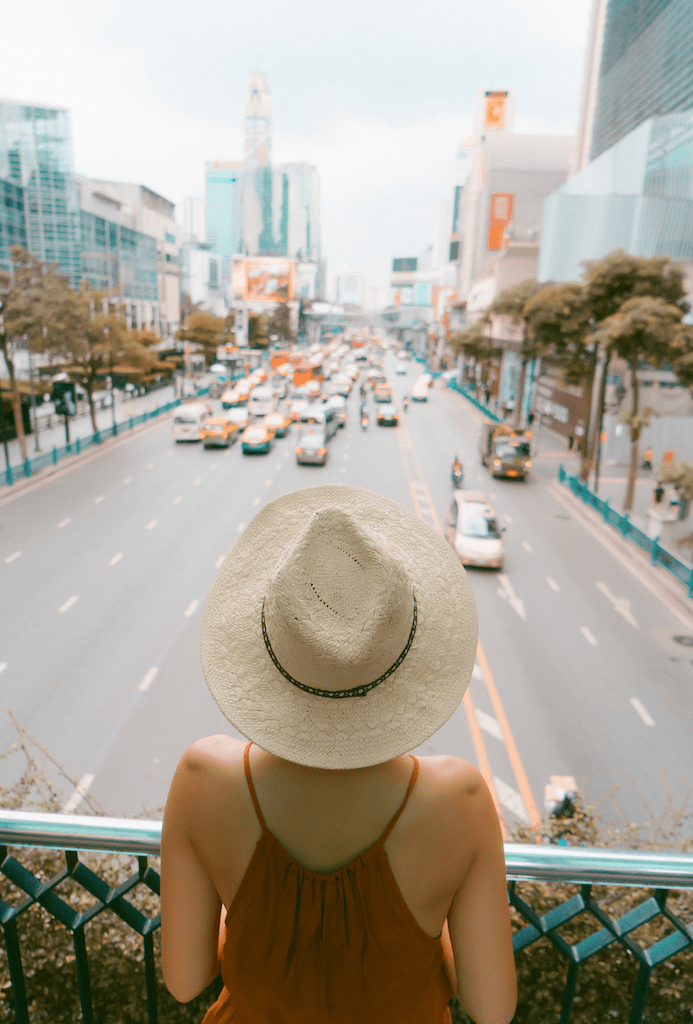
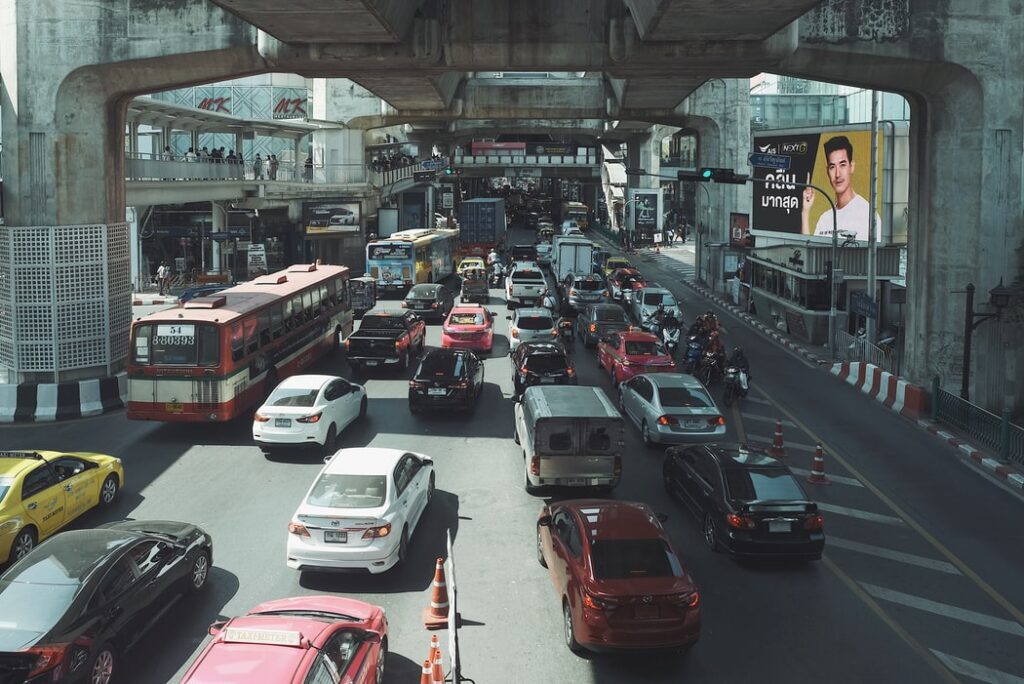
GETTING AROUND
Bangkok in’t exactly accommodating to pedestrians and you have to rely on public transport or taxis to get around. The BTS (sky train) serves vast swathes of the city, and avoids the rush hour traffic which reliably brings the roads to a standstill every day. If you’re travelling by yourself, the BTS, Metro (which both offer air-conditioned respite from the heat) and Canal Boat are, generally speaking, the cheapest ways around the city, but should you not be travelling solo, taxis are usually cheaper than getting the metro or BTS. Always ask for the meter when you get in (which starts at 35 baht) to avoid misunderstanding or confusion.
Uber doesn’t operate in Thailand but Grab Taxi is available and running efficiently in all of the big cities. It’s remarkably cheap and reliable, with a trip across town rarely coming in at more than a couple of quid. Using Grab also negates the often trying issue of explaining your desired destination to taxi drivers. Your pronunciation may be poor and drivers in Thailand often can’t read; a simple pin drop on a map will be your saviour. Do remember that if you’re travelling during rush hour (between around 7:30am and 9:30am and 5pm to 7:30pm) you should leave plenty of extra time to complete your journey.
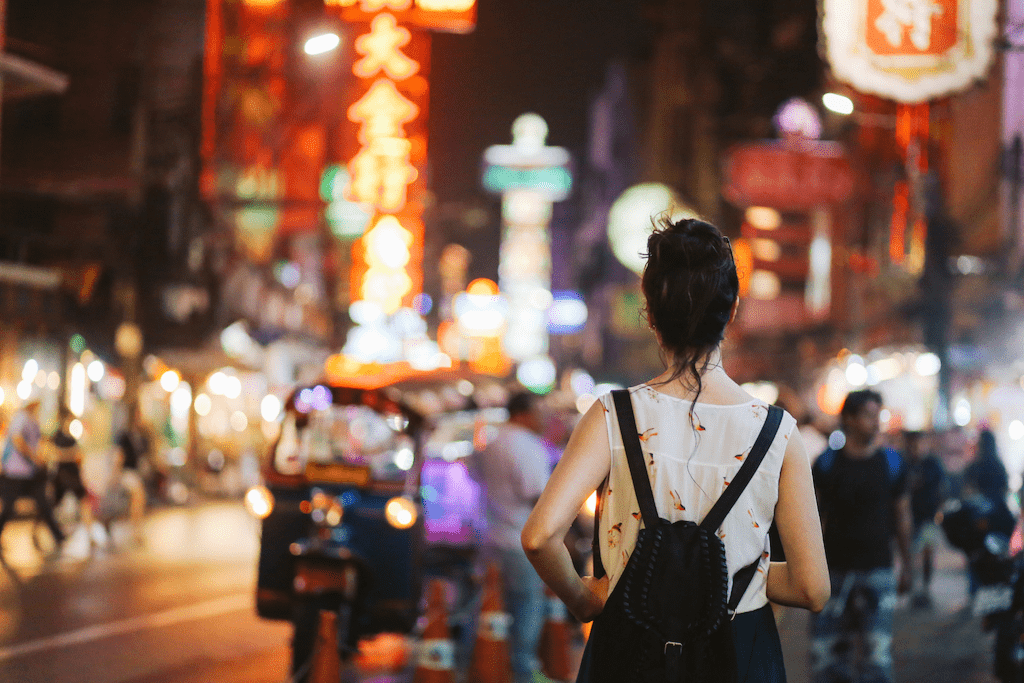
CHECK OPENING TIMES
Bangkok is not a 9-5 city, and that’s what makes it so special. There is a creative, spontaneous energy to proceedings and we wouldn’t have it any other way. This does mean that there isn’t a ‘standard’ opening time here, and places operate under unpredictable hours.
Because of this, you should always check the operating hours of a place before you make the journey there, to avoid disappointment. This especially applies to Mondays, which is street cleaning day, and many of the street food joints in the city are shut. Prepare yourself for disappointment and always have a back up plan in mind before setting off.
SANUK
Thais try to inject fun into every aspect of life, so even if you’re hot, flustered and frustrated (hey, sometimes you will be) always smile and never take yourself too seriously. People will respond with help and warmth. The concept of ‘sanuk’ runs through daily life, and is often translated as ‘fun’, but really, it’s a more all encompassing notion than that; an ethos and way of life where you shouldn’t take yourself or life’s daily events too seriously.
Approach every interaction with a respectful playfulness and you’ll find life in Bangkok runs much more smoothly.
Sponsored by:



